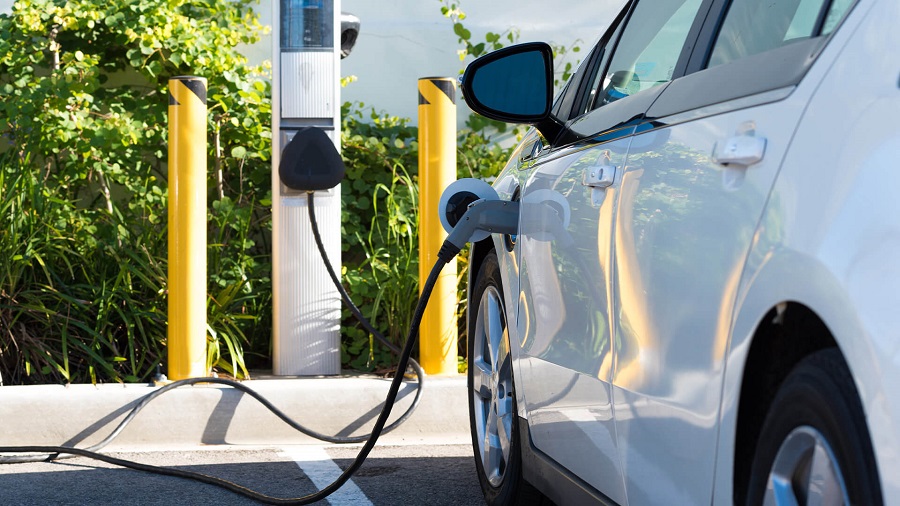Electric cars are indeed tempting to own. Who doesn’t want an advanced vehicle that will never go thirsty for gasoline anyway? Every brand, including Hyundai and Kia, knows that electric vehicles are the future and hope of transportation. That’s not on a persuasive note, but if your search history lately has been about how you can get an EV, then we opt to help you consider the following:

- Long-lasting battery
Although batteries are groundbreaking, their lifespan is limited. As time passes and the battery is repeatedly charged and discharged, their storage space diminishes gradually. This natural process is affected by environmental parameters such as temperature, natural frequencies, and discharging depth. When purchasing a used EV or considering if a battery must be repurposed, refurbished, or recovered but no longer in use, it is crucial to know what further life remains in the pack.
Similarly, the gasoline-powered vehicles, typical EVs such as the Hyundai Kona Electric and Kia EV6, are predicted to last from 8 to 15 years, at which time the batteries will probably have both 70 and 80 percent of their energy remaining. This lower volume is not optimal to be used in an electric vehicle, but it can be employed in mounted energy storage.
- Price and Convenience
Apart from the set rate of an electric car, the price of gasoline is dictated by the supply and consumption of the globalized trade. Due to the volatile and exhaustible nature of natural gas, prices are rising and tend to vary, making converting to a source of electricity a significantly cost-effective option.
For this reason, the EV market is expanding rapidly, and more opportunities to acquire automobiles of various sizes and used EVs are soon on the future. If the industry keeps expanding at its current rate, the cost difference between electric vehicles and gasoline-powered vehicles will remain to narrow. The newest EV models currently have greater battery life than previous models.
- Range and capability
EV range are not without expenses. The larger the cell, the greater the distance. The larger the battery, the higher the price of the device. Additionally, larger batteries necessitate more lithium extraction and emit greater carbon emissions during construction. Moreover, larger batteries increase weight.
The typical range of electric vehicles now is just about 300 miles. For example, the Hyundai Kona Electric offers over 200 miles on a charge. Charge times vary of over an hour for SuperChargers to ten hours for residential recharge facilities. Although long trips to job are uncommon in the twenty-first century, some individuals will exceed the 36-mile-per-day threshold and travel great distances daily. They will profit from automobiles with a greater variety.
- Condition and Warranty
Among the advantages of purchasing a model electric car like the Kia EV6 is receiving a warranty from the maker that includes the cost of any part failure-related repairs for a specified term. The conditions of one brand’s warranty may differ greatly from that of others. Longer insurance is generally preferable, particularly if you’re in the marketplace for a secondhand electric car of recent date. This is because, subject to only certain conditions, the outstanding time/mileage on a vehicle’s manufacturer warranty typically transfers to the new owner.
Why Kia EV6? Hyundai Kona Electric?
With the recent introduction of the capable Kia EV6, a great deal of buzz has circled its capacity and battery specifications. Kia includes 2 Nickel-Cobalt-Manganese rechargeable battery options for the EV6: 58 kWh and 774 kWh. In addition, it provides superior driving characteristics, economy, and endurance, as well as more cargo capacity than its electrical rival, the Hyundai Kona Electric. Ultimately, the EV6 has numerous options and reasonable costs. It is also qualified to receive tax breaks of up to $7,500.
In comparison, the Hyundai Kona Electric can never fail you as it is an attractive crossover. Its compactness, wide posture, long length, and low overhangs lend it a dynamic appearance. The Kona EV’s permanent-magnet electric engine generates an impressive 134 horsepower and 395 Newton-meters of performance. In light of completing several laps on the racetrack, the Kona Electric retained its charge admirably, and it had plenty of energy life remaining.
Conclusion
Considering all these aspects can give you a great start in buying the most suitable EV for you. All in all, we encourage you to consider quality over everything as your car should give you the utmost comfort and safety. Do not opt to be cheaper, and if possible, don’t buy a second hand EV from people you don’t know as it may have underlying issues that you won’t notice immediately. Consider buying from Kia or Hyundai instead for the best hopes.